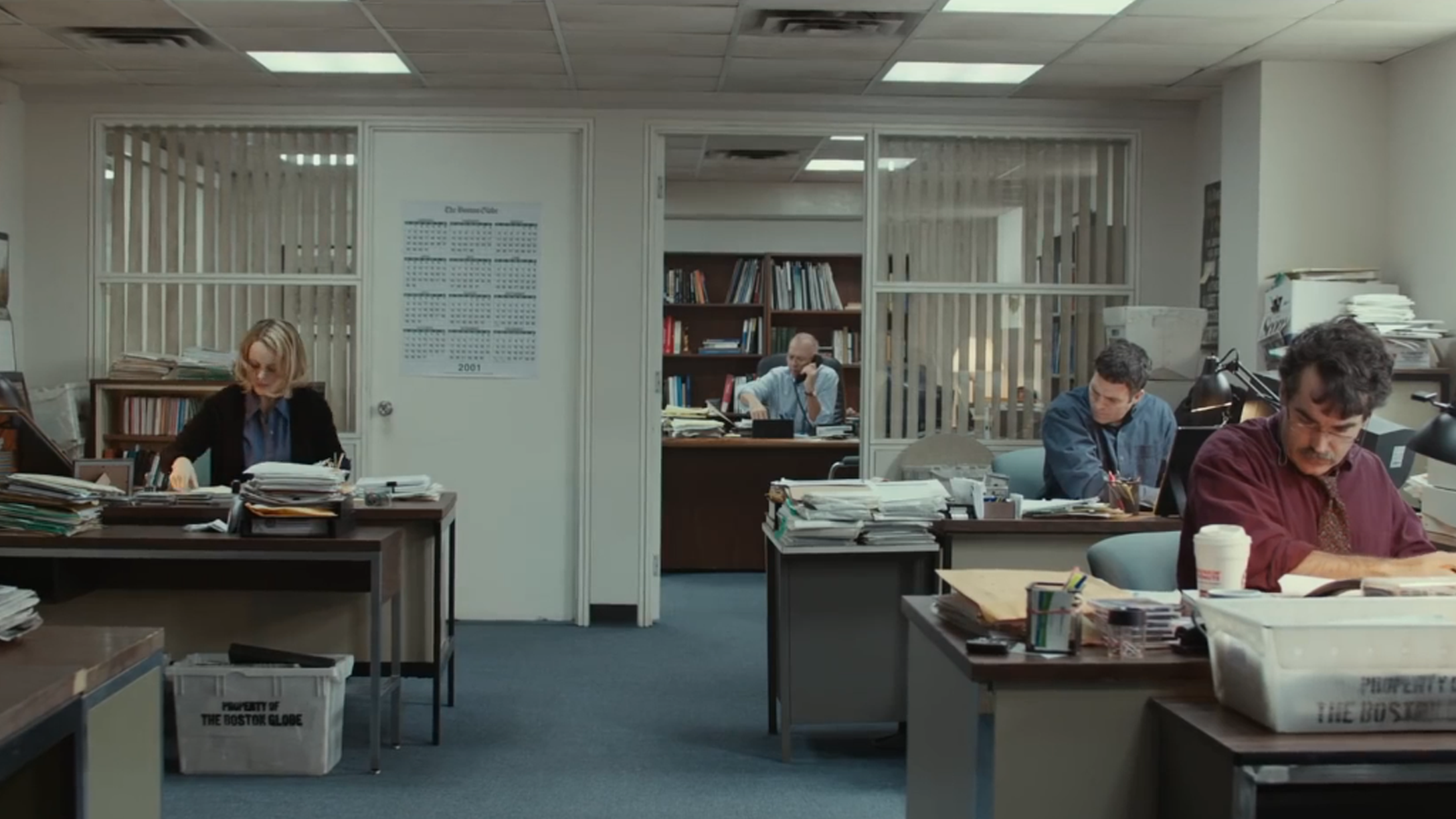According to films like Spotlight and The Post, journalism is a capital-C Calling that comes with sacrifice, heroism and violins. This is a pleasant fantasy, but a dangerous one. The blockbuster story that achieves splashy results—the resignation of corrupt officials, or an overhaul of labor laws—is rare in journalism. The right to publish ordinary stories, and lots of them, is less glamorous, but far more important. What matters most is the simplest possible thing: the freedom of people to tell what they know or have seen, to talk things over in public.
In the US the power of that freedom exploded into the news this week in the example of Christian Cooper, a New York City Audubon Society board member on a walk in Central Park, who asked a lady named Amy Cooper to follow park rules and put her dog on a leash. She responded to him with all kinds of menacing, disturbing behavior, which he filmed on his phone: she called 911 and put on a chillingly malevolent performance, deliberately and falsely claiming she was being threatened by Christian Cooper, who is Black. More than 42 million people have watched his invaluable footage, which will be studied for as long as people continue to study race relations in the United States. What if Christian Cooper had been a little less self-possessed?
He is just a person telling what happened, in the most unvarnished way.
Popula has published a lot of stories from and about places where people are not free to tell what happens, in their own lives even, without endangering themselves and others, e.g. Egypt, Hong Kong, Kashmir, China, Hungary and Poland.
That kind of unfreedom alters not just the politics, but the texture of life itself in a community. Media control, whether practiced by corporations or by states, diminishes the humanity of whole nations. This is happening all over the world, right now. Control of information is thought control, and it deepens the atmosphere of fear and sorrow in which people are forced to live. It has been harrowing to see press freedom in the United States threatened more and more in recent years: a billionaire owner peremptorily shut down a whole group of publications for trying to unionize; Cleveland’s 174-year-old newspaper was disembowelled, the victim of union-busting; Las Vegas’s biggest newspaper was taken over in secret by a right-wing billionaire; Gawker was destroyed by a billionaire sneak who didn’t like being taunted; the current president has threatened media platforms he doesn’t like and has attacked individual journalists who criticize him.
But exhortations to SAVE JOURNALISM are bad because journalism is not an abstraction, a special project, or the province of heroes. It’s an ordinary and necessary social good, like delivering the mail, driving a bus or cooking school lunches. Heroes aren’t like us. Heroes are people who never need help or protection, because they’re superior to us, extraordinary and separate. But people recording and sharing real knowledge and experiences—“professional” and “citizen” journalists being, as they are, alike in essentials—aren’t heroes. We’ve all learned over the last few months what an “essential” job is. The only really essential jobs are the ones where ordinary people are looking out for each other.
Since the pandemic began, we’ve seen more and more media jobs lost in an industry that was already in the process of being devoured, destroyed from the inside. Moneyed interests are actively working to create a world where nothing can ever be spoken or written about except what flatters them. You could read Suetonius if you’d like to know what happens next.
There’s nothing heroic about people just telling stuff that happens. But gather those conversations up and it’s a societal bulwark against totalitarianism, an institution of incalculable value, and one that’s in danger. To protect this institution, as many journalists as possible need good jobs at stable publications to create a safety net of awareness around the society; a safety net Christian Cooper and those who spread his message helped reinforce a few days ago.
Support journalists all you can; support independent media. If you care about the principles of speech rights and press freedom, don’t save journalism. Save journalists.






